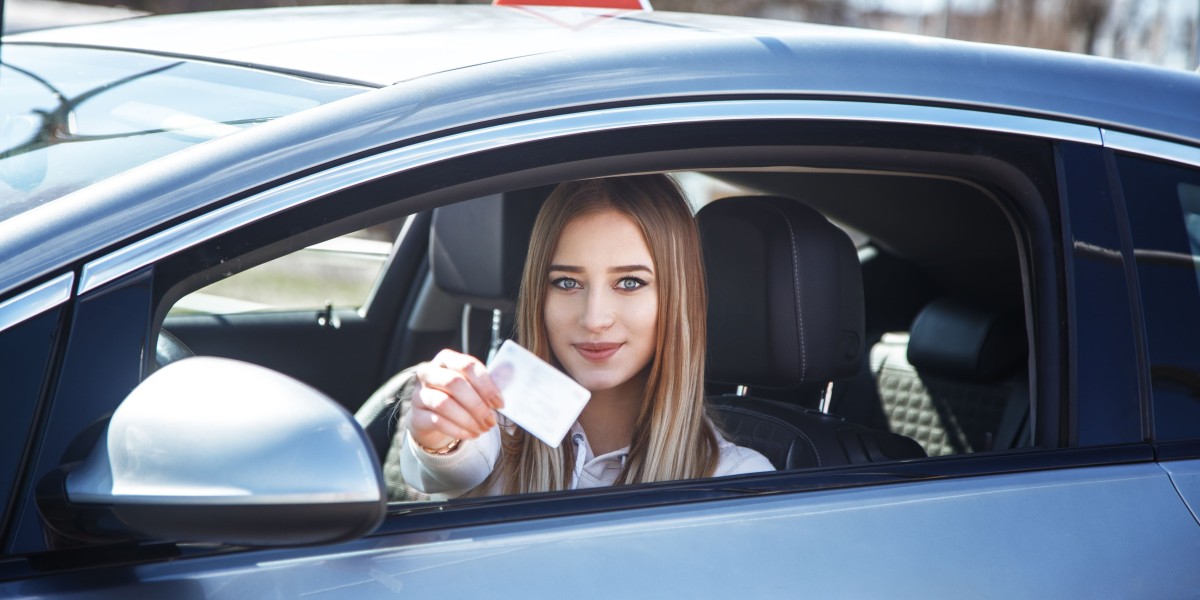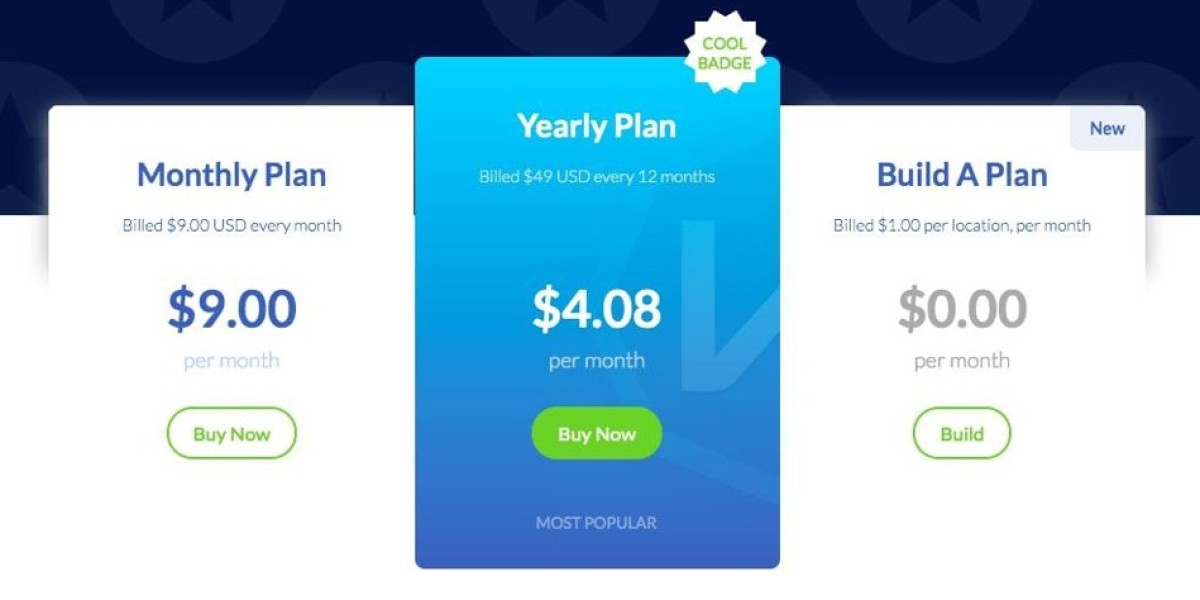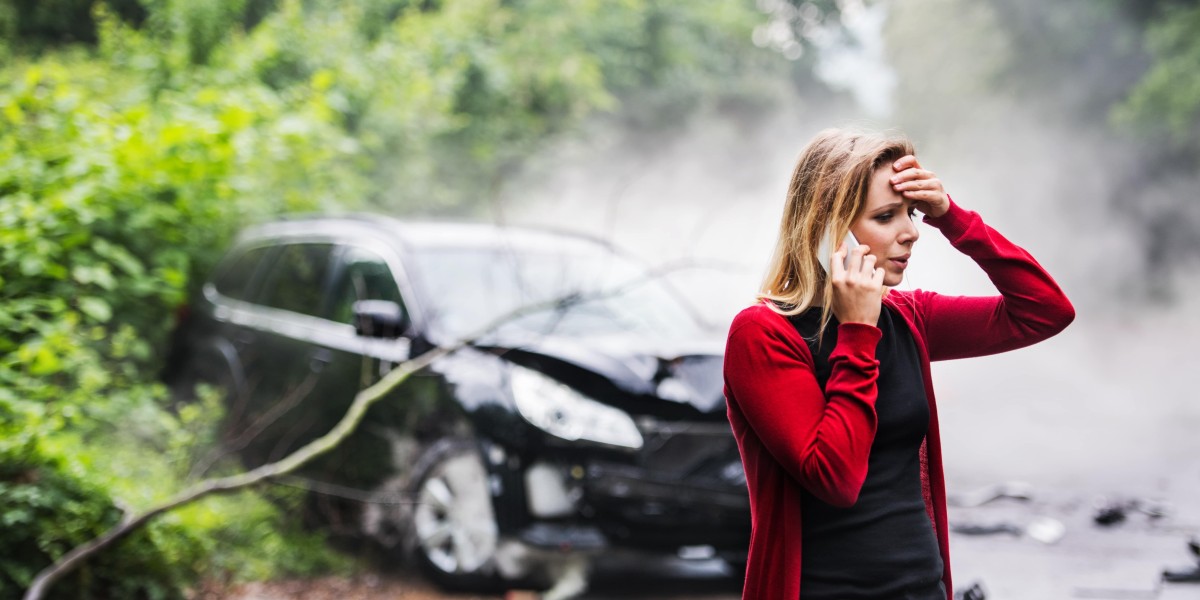Understanding the Process of Obtaining a Driver's License: An In-Depth Guide
Acquiring a driver's license is frequently viewed as a rite of passage for many individuals. It represents not just the ability to run an automobile legally however also the newly found independence that comes with it. However, the procedure of getting a driver's license can vary considerably based upon geographical place, age, and individual scenarios. This post offers a thorough summary of how to get a driver's license, what documentation is needed, and responses to regularly asked concerns.
Actions to Obtain a Driver's License
The process normally includes several actions, which might vary depending on regional policies and the type of driver license uk's license looked for. Below are the general actions one may follow:
1. Determine Eligibility
Before starting the journey to get a driver's license, individuals should first identify their eligibility based on a number of requirements, which may include:
- Age Requirement: Most places have a minimum age requirement, often ranging from 16 to 18.
- Residency: Applicants need to be locals of the state or region where they are applying.
- Legal Status: Ensure all documentation complies with regional laws.
2. Complete a Driver's Education Course
Many states require new buy drivers license online buy drivers license license [santina.top] to finish a driver's education course, particularly for those under the age of 18. These courses usually cover the following:
- Traffic laws and guidelines
- Defensive driving methods
- Danger recognition
3. Get a Learner's Permit
As soon as the academic requirements are satisfied, an applicant can look for a student's authorization. This permits supervised driving while practicing abilities. The steps to obtain a learner's permit normally consist of:
- Submitting an application
- Passing a composed understanding test
- Paying appropriate fees
4. Practice Driving
With a learner's authorization in hand, new drivers need to log a particular number of hours of practice driving, frequently under the supervision of a licensed adult. This practical experience is crucial for developing self-confidence and skills behind the wheel.
5. Arrange a Driving Test
After fulfilling the practice requirements, people can set up a driving test. The driving test generally consists of:
- A lorry safety evaluation, confirming that the automobile is roadworthy
- Maneuvers such as turning, parallel parking, and following traffic signals
- A presentation of defensive driving methods
6. Acquire the Driver's License
Upon effectively passing the driving test, applicants can get their driver's license. The requirements for getting the license might consist of:
- Submission of essential documents (evidence of identity, residency, and so on)
- Payment of licensing costs
- Issuance of a provisionary or complete license depending upon age and driving experience
7. Acquaint Yourself with Driving Regulations
Having gotten a driver's license, it's vital to stay informed about regional driving laws, regulations, and any changes that might take place. Awareness of laws pertaining to speeding, driving licence uk under the impact, and seat belt usage can avoid future legal issues.
Documentation Required to Obtain a Driver's License
The documentation required throughout the application process can differ by region, however typically includes:
- Proof of Identity: This may include a birth certificate, passport, or social security card.
- Proof of Residency: Documents like energy costs or bank declarations showing the applicant's name and address.
- Conclusion Certificate: Proof of completion for a driver's education course, if appropriate.
- Student's Permit: If the applicant is transitioning from a student's permit.
Typical FAQs
1. How long is a driver's license valid?
The validity period for a driver's license varies by jurisdiction. In many areas, licenses need to be renewed every four to eight years. Check local policies for particular information.
2. What should I do if I fail the driving test?
If you stop working the driving test, remain calm. Each state generally enables for retaking the test after a set waiting period. Use the time to practice and strengthen your abilities.
3. Can I drive with a student's license?
Yes, however just when accompanied by a licensed grownup who fulfills specific requirements, such as being over a specific age and having a legitimate driver's license.
4. Exist additional requirements for commercial licenses?
Yes, individuals seeking a commercial driver's license (CDL) should go through extra training and testing specific to the kind of automobile they mean to operate, consisting of specific medical requirements.
5. What are the limitations on a provisionary license?
Provisionary licenses often come with particular limitations, such as limitations on nighttime driving or carrying passengers. Acquaint yourself with these rules to prevent charges.
6. How can I get ready for the written knowledge test?
To get ready for the written knowledge test, study your state's driver handbook, take practice quizzes offered through various online licence driving platforms, and think about registering in a driver's education course if you have not done so already.
Obtaining a driver's license is a substantial turning point that requires mindful preparation and adherence to local guidelines. By understanding the actions involved, collecting the necessary documentation, and staying informed about driving laws, prospective drivers can browse this procedure smoothly. As more individuals take to the roads, understanding the requirements and knowing precaution ends up being significantly vital. With persistent practice and awareness, the journey from learner's authorization to full-fledged driver can be a satisfying experience, representing both freedom and obligation.









